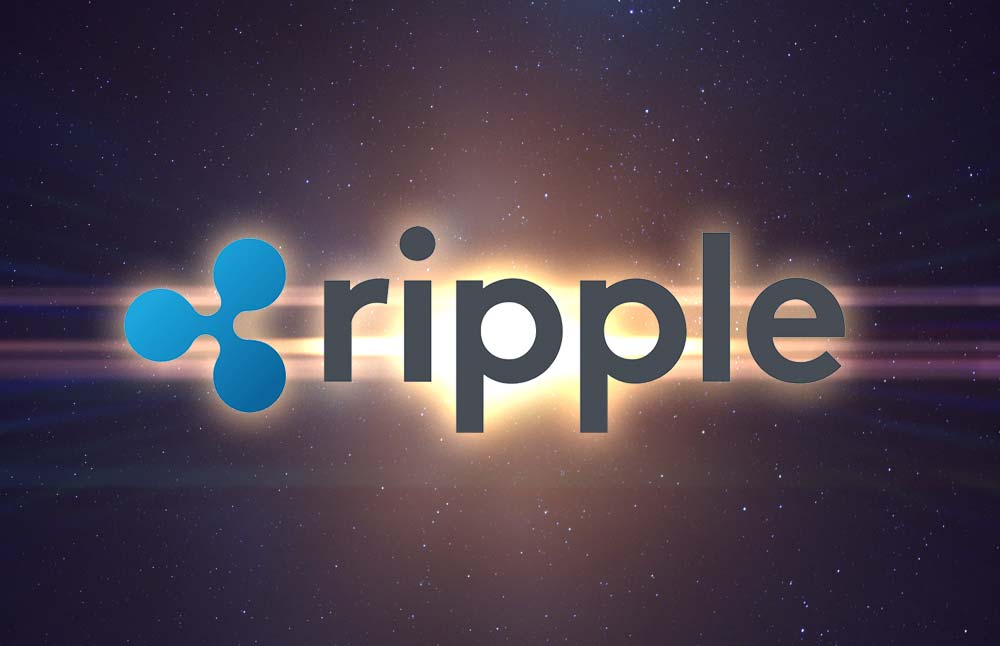Ripple President Flags Key Stablecoin Challenges and Progress as RLUSD Adoption Grows
10.05.2025 9:00 2 min. read Alexander Stefanov
Ripple’s president, Monica Long, is drawing attention to the growing role of stablecoins in global finance, emphasizing that businesses can no longer afford to sideline them.
Speaking at the recent Stripe Sessions and later summarizing her thoughts online, Long laid out Ripple’s key lessons from its journey through blockchain payments.
One of her core messages: stablecoin success hinges on smooth integration with local financial systems. That means banks need regulatory certainty—a condition that’s steadily improving compared to just two years ago, according to Long.
She also noted that while it’s tempting for fintech firms to operate as pure software providers, real-world impact demands navigating strict compliance environments. Ripple, now holding over 60 licenses globally, has leaned into a regulation-first strategy to stay ahead.
Long also warned of a looming challenge: for stablecoins to compete in the foreign exchange space, they’ll need deep liquidity across a wide range of fiat currencies.
Her insights come at a time when the stablecoin market is booming, recently crossing the $240 billion mark. Ripple’s own RLUSD has emerged as a rising player since launching in late 2024. The token is now live on major exchanges including Kraken and Gemini and is being adopted across DeFi platforms such as Aave and Curve.
Ripple has further expanded RLUSD’s utility by acquiring Hidden Road, a financial services firm that will use the token as collateral, tightening the link between traditional finance and digital assets. RLUSD is also integrated into Ripple’s own payment infrastructure, reinforcing the company’s strategy to make stablecoins a pillar of future cross-border finance.
-
1
Ripple Faces Legal Setback as Court Rejects Bid to Ease Penalties
26.06.2025 16:54 1 min. read -
2
Coinbase Surges 43% in June, Tops S&P 500 After Regulatory Wins and Partnerships
29.06.2025 21:00 2 min. read -
3
Ripple Has Applied for a National Banking License
03.07.2025 7:00 2 min. read -
4
What Will Happen With the Stock Market if Trump Reshapes the Fed?
29.06.2025 13:00 2 min. read -
5
Barclays Blocks Crypto Credit Card Payments in Latest Blow to Retail Investors
26.06.2025 8:00 2 min. read
BlackRock Moves to Add Staking to iShares Ethereum ETF Following SEC Greenlight
BlackRock is seeking to enhance its iShares Ethereum Trust (ticker: ETHA) by incorporating staking features, according to a new filing with the U.S. Securities and Exchange Commission (SEC) submitted Thursday.
IMF Disputes El Salvador’s Bitcoin Purchases, Cites Asset Consolidation
A new report from the International Monetary Fund (IMF) suggests that El Salvador’s recent Bitcoin accumulation may not stem from ongoing purchases, but rather from a reshuffling of assets across government-controlled wallets.
Sberbank Moves to Dominate Russia’s Crypto Custody Sector
Sberbank, Russia’s largest state-owned bank, is preparing to launch custody services for digital assets, marking a significant expansion into the country’s evolving crypto landscape.
Bank of America CEO Confirms Stablecoin Plans Are in Motion
Bank of America is actively developing a stablecoin offering, CEO Brian Moynihan revealed during a post-earnings conference call on Wednesday.
-
1
Ripple Faces Legal Setback as Court Rejects Bid to Ease Penalties
26.06.2025 16:54 1 min. read -
2
Coinbase Surges 43% in June, Tops S&P 500 After Regulatory Wins and Partnerships
29.06.2025 21:00 2 min. read -
3
Ripple Has Applied for a National Banking License
03.07.2025 7:00 2 min. read -
4
What Will Happen With the Stock Market if Trump Reshapes the Fed?
29.06.2025 13:00 2 min. read -
5
Barclays Blocks Crypto Credit Card Payments in Latest Blow to Retail Investors
26.06.2025 8:00 2 min. read


